Authored by Amit Vinayak, Barrister & Solicitor, Law Society of Ontario, Member of CILA
Canada’s immigration landscape has seen significant shifts as of October 2023, with Immigration, Refugees and Citizenship Canada (IRCC) implementing several key changes to work permit rules. These adjustments aim to address Canada’s evolving economic needs, streamline processes, and enhance protections for foreign workers.
Expansion of the Global Talent Stream
The Global Talent Stream, a component of the Temporary Foreign Worker Program, has been expanded to encompass a broader range of occupations. This stream is designed to facilitate the expedited entry of highly skilled foreign workers into Canada, particularly in the technology sector and other high-demand industries. The expansion allows more Canadian employers to leverage simplified application procedures and faster processing times to attract global talent.
Introduction of the Open Work Permit for Vulnerable Workers
IRCC has introduced an open work permit specifically for vulnerable workers who are experiencing or are at risk of abuse in their current employment. This initiative underscores Canada’s commitment to protecting workers’ rights, enabling foreign nationals to leave abusive work environments without jeopardizing their immigration status. The Open Work Permit for Vulnerable Workers (OWP-V), launched in June 2019, allows workers on valid employer-specific work permits to apply for an open work permit, providing them with the flexibility to seek new employment with a different employer (Vulnerable Workers – Question Period Notes – Canada.ca). This permit is generally issued for one year and is designed to offer a temporary solution for workers to find new employment. The program has a lower burden of proof, recognizing the difficulty in substantiating abuse, and is also available to family members in Canada.
Changes to the Post-Graduation Work Permit (PGWP) Program
The Post-Graduation Work Permit (PGWP) program has been adjusted to offer greater flexibility to international students. Graduates from eligible Canadian post-secondary institutions can now apply for a work permit valid for up to three years, depending on the length of their study program. The program also includes provisions for online learning, acknowledging the impact of the COVID-19 pandemic on traditional in-person education.
To be eligible for a PGWP, applicants must have graduated from an eligible designated learning institution and provide clear evidence of completing an academic, vocational, or professional training program of at least eight months in duration (Tcerkovnaia v. Canada (Immigration, Refugees and Citizenship), 2022 FC 861 (CanLII)). A crucial requirement is maintaining full-time student status in Canada during each academic session of the program, with limited exceptions for authorized leaves from studies or the final academic session (Kaur v. Canada (Citizenship and Immigration), 2024 FC 258 (CanLII), Odeseye v. Canada (Citizenship and Immigration), 2025 FC 93 (CanLII)). Officers do not have the discretion to waive these mandatory eligibility criteria (Tcerkovnaia v. Canada (Immigration, Odeseye v. Canada (Citizenship and Immigration)).
The application for a PGWP must be submitted within 180 days of receiving final marks or formal written notification of program completion, whichever comes first (Vargas Avila v. Canada (Citizenship and Immigration), 2024 FC 435 (CanLII)). Failure to meet this deadline can result in refusal. Furthermore, officers are expected to consider all relevant evidence, including university letters confirming full-time status, when assessing applications (Tcerkovnaia v. Canada (Immigration).
Pilot Programs for Specific Sectors
IRCC has launched pilot programs targeting sectors facing acute labor shortages, such as agriculture and healthcare. These pilots are designed to facilitate the entry of foreign workers into these industries, often providing tailored pathways to permanent residency for those who meet specific criteria.
Enhanced Employer Compliance Measures
To uphold the integrity of the work permit system and protect foreign workers, IRCC has strengthened employer compliance measures. This includes more rigorous inspections and penalties for non-compliance. Employers are now mandated to provide all temporary foreign workers with information about their rights in Canada, are prohibited from engaging in reprisal against workers who report complaints, and cannot charge recruitment fees to workers (Vulnerable Workers – Question Period Notes – Canada.ca). These regulations, which came into force in September 2022, aim to prevent mistreatment and abuse of temporary foreign workers. Employers found in breach of program rules may face monetary penalties or be banned from hiring foreign workers.
These changes collectively reflect Canada’s ongoing commitment to balancing economic growth with the protection of workers’ rights. Employers and foreign workers are encouraged to stay informed about these updates to effectively navigate the Canadian immigration landscape.
Disclaimer:
The content provided in this article is intended for general informational purposes only and does not constitute legal advice. Readers should not act upon any information contained herein without first seeking appropriate legal or professional counsel based on their individual circumstances. The author and the publisher disclaim any liability in connection with the use of this information.



